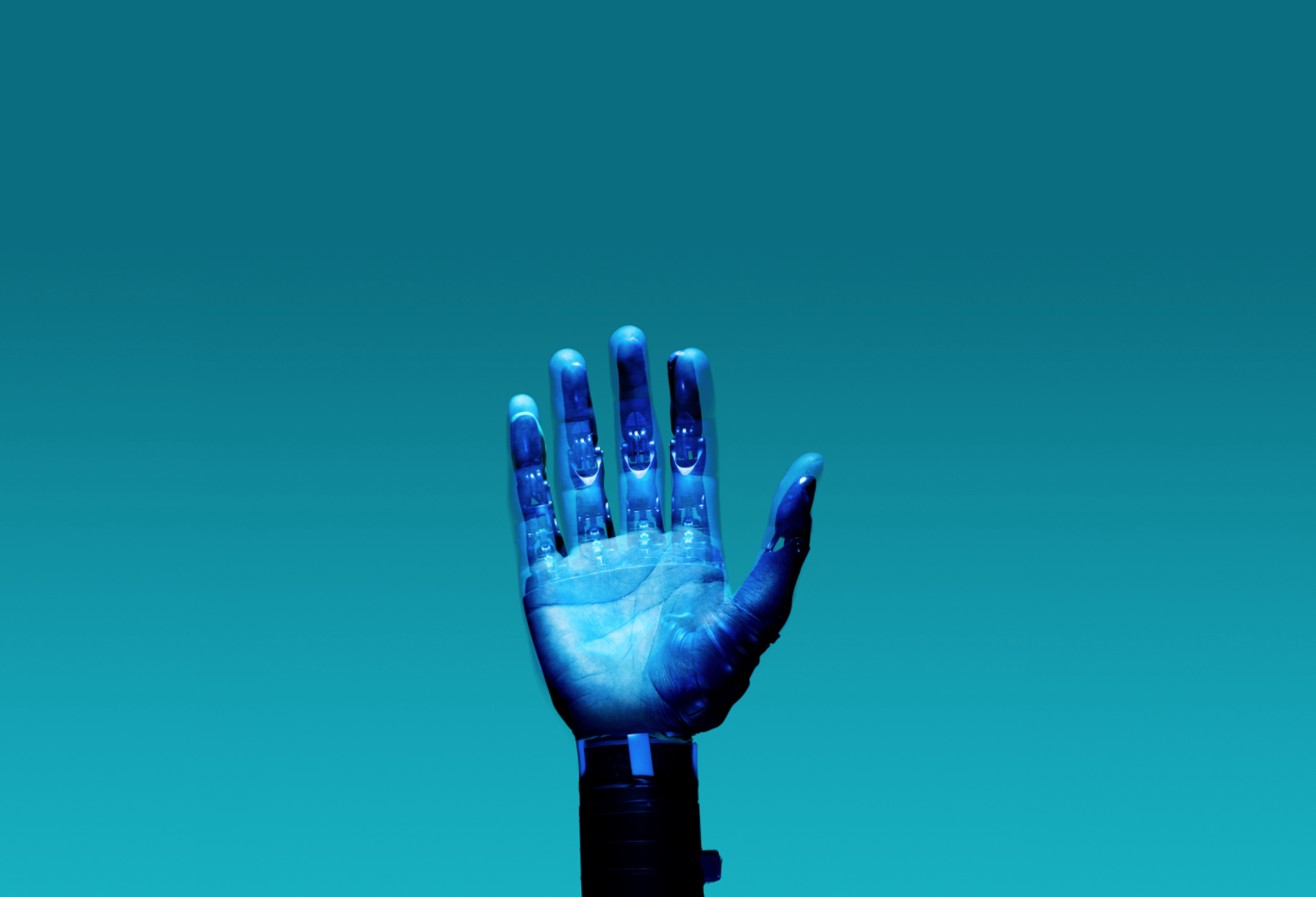
Technically Human is a podcast about ethics and technology that
asks what it means to be human in the age of tech. Each week, Professor Deb Donig interviews industry leaders, thinkers, writers, and technologists, and asks them about how they understand the relationship between humans and the technologies we create. We discuss how we can build a better vision for technology, one that represents the best of our human values.

The "Changing Minds" Series: Episode 2 with Daryl Davis
It's part 2 of our 3-episode series on Changing Minds. The three episodes of the series focus on the theme of changing minds: what it means to engage in dialogue with people with whom we disagree, sometimes deeply, and the importance of civil discourse, particularly in this deeply polarized national moment. In my conversations with Daryl, we explore what those ethics can look like, and how they can come to transform our approach to engaging in dialogue with distant others.

The “Changing Minds” Series: Episode 1
For the next few weeks, we’re going to be doing something a little bit different. The next three episodes of the series focus on the theme of changing minds: what it means to engage in dialogue with people with whom we disagree, sometimes deeply, and the importance of civil discourse, particularly in this deeply polarized national moment. In the first two episodes, I speak with Daryl Davis about racism, and how he envisions the possibility of changing the minds of those who believe, and participate in, white supremacist and separatist movements.
Daryl Davis is a Black singer and author who has facilitated over 200 members of the KKK to leave the organization, simply by befriending them and letting them know who he is. He's big on simply reaching out rather than censorship and has created a de-radicalization movement at change.minds.com to help people connect in a civil way online.

Protecting Our Tech: Dr. Bruce DeBruhl breaks down cybersecurity and what that means for the world, the country, and you
In this episode of "Technically Human," I sit down with Dr. Bruce DeBruhl to talk about cybersecurity and the ethics of privacy in our digitally connected world. We discuss the changing concept of privacy as our tech becomes increasingly integrated into the most intimate reaches of our lives, Bruce narrates the history of cybersecurity, and we consider how our colleges are preparing the next generation of tech workers to think about protecting our data and the intimate information we generate each and every day.
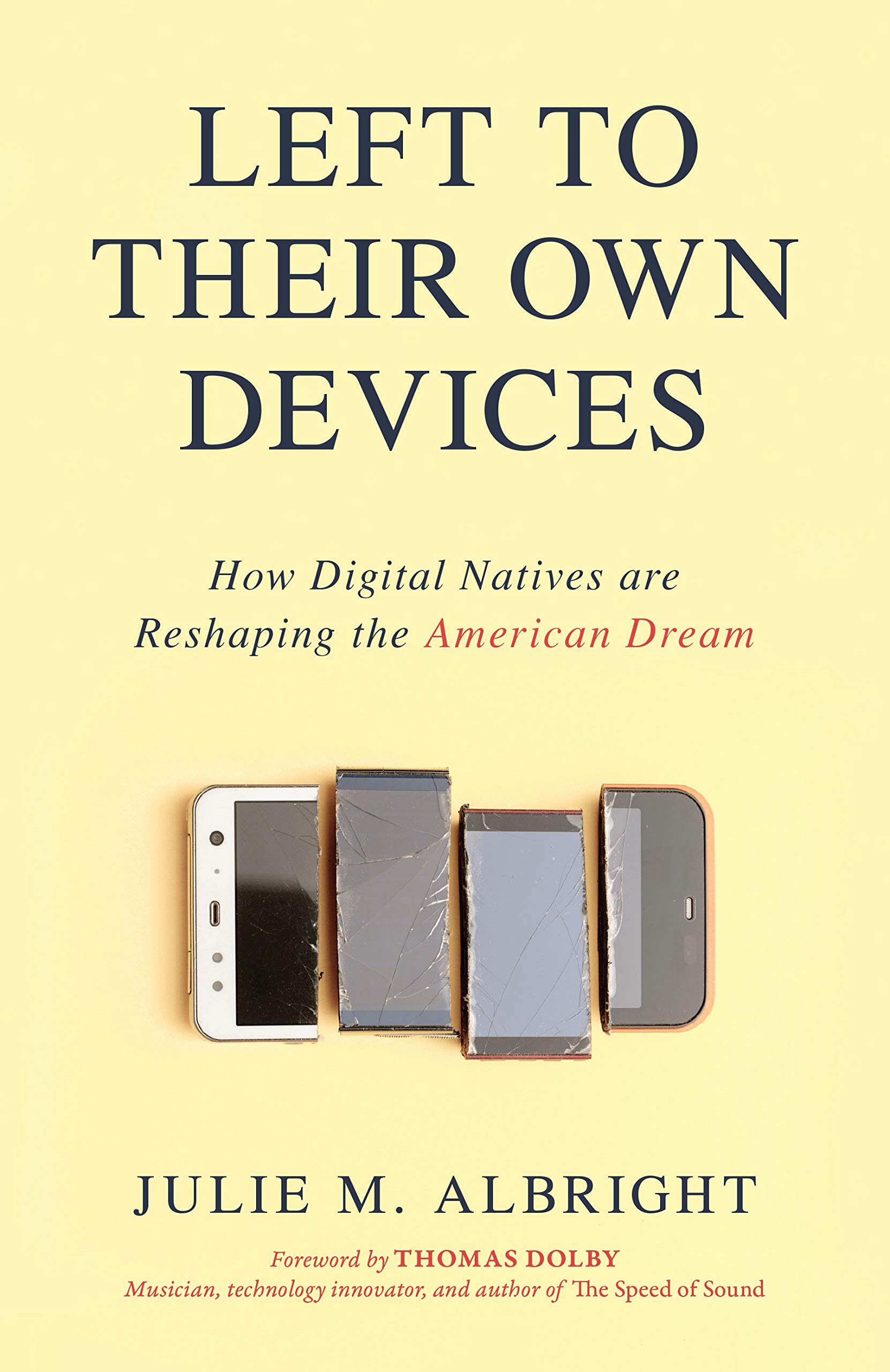
The American Dream Goes Digital: The myths and technologies that bind us with Dr. Julie Albright
In this episode of Technically Human, I sit down with Dr. Julie Albright to talk about her new book: Left to Their Own Devices: How Digital Natives Are Reshaping the American Dream. We talk about the way that digital culture is changing the American Dream for the next generation, we discuss how the internet is changing political culture, and Julie explains how our connections to our devices are changing the way we seek partnerships, form relationships, and how romance has been gamified in our world of online dating.

How Tech is Changing Democracy Around the Globe: Mohamed Abubaker on democratic revolutions, here and abroad
To kick off the 4th season of Technically Human, I sit down with Mohamed Abubakr, the president of the African and Middle Eastern Leadership Project (AMEL), to talk about the present and the future state of democracy worldwide.
We discuss the role of social media in mobilizing democratic movements, including anti-autocratic movements in the Middle East and Africa, and its simultaneous role in the collapse of democratic norms in the United States. We talk about the future of both democracy and online networks, what it means to know of the lives of others virtually, and how global connection creates new possibilities for revolution.

Tech Stands Up: Brad Taylor builds the new technological revolution
In 2017, Brad Taylor founded "Tech Stands Up," bringing together thousands of technologists to call for change, social activism, and socially responsible leadership in the tech industry, staging a rally on Pi Day (March 14) in the wake of the election of Donald Trump. In this episode of "Technically Human,' I speak to Brad about what motivated his decision to stand up. We talk about how technologists can leverage their position to demand social change, we discuss the challenges of speaking up, and Brad talks about how he envisions the world that he hopes his kids, and the next generation, will inherit.
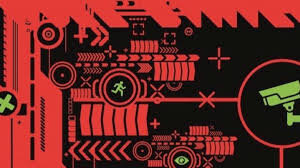
Active Imagination: Malka Older talks humanitarianism, science fiction, and the future of democracy
Malka Older moves between the practice of on-the-ground disaster relief work and the practice of in-the-mind science fiction writing. She converges her experience with real-life dystopias with the imagined dystopias of science-fiction. In the episode, I ask Malka about how these areas of her work blend together, how she understands the boundaries and the interplay between the real and the imaginary, and the role that science fiction plays in our understanding of tech—its promises and its perils.

Block Power: Marcus Miller on mobilizing Black voters, the 2020 Election and grassroots organizing in the age of tech
In this episode, Marcus Miller, a lead organizer in the Block Power grassroots movement, talks to me about how Block Power successfully built a major voter mobilization strategy that would help decide the future of the country. We talk about the ethics and stakes of representation, particularly for historically marginalized communities, the history of Black voter suppression and the challenges of mobilizing Black voters, and the symbolism of this election falling on the 150 year anniversary of the 15th Amendment, which granted African-American men the right to vote, and how a team of humanists and technologists built a movement.
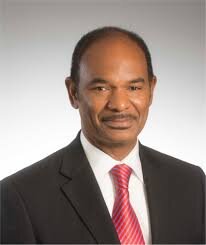
Server Technology: Ret. Col. Gordon III on tech and service
What is the relationship between technological production and the United States military? What can career technologists learn from service careers? And how can entrepreneurs stay the course of their vision of “doing good,” and also “do well?”
In this episode, I sit down with former Lieutenant Rob Gordon III, now the Chief Growth Officer of SBG Solutions to talk about what the tech sphere can learn from the culture and values of national service. In 2010 Rob was appointed the Deputy Under Secretary of Defense for Military Community and Family Policy in the Obama Administration. For his Pentagon service Rob was awarded the Secretary of Defense Medal for Outstanding Public Service. He is an advisor to several technology startups, and is on the advisory council of Princeton University’s School for Public and International Affairs.
Among Rob’s awards and recognitions, he is the recipient of the Bernard Gill Urban Service-Learning Leadership Award from the National Youth Leadership Council; Princeton University's Edward P. Bullard Distinguished Alumnus Award; two awards of the Honorable Order of Saint Barbara; and the Franklin Award by the National Conference on Citizenship.
The Impact of Impact: Ethical and socially responsible tech investing
In this episode of "Technically Human," I talk to Todd Johnson about socially responsible and impact investing. Todd explains why investment is a critical point in the ecosystem of tech production and culture, and he argues that socially responsible investing is not just a growing dimension of the investment market: it is, rather, the future of investing.

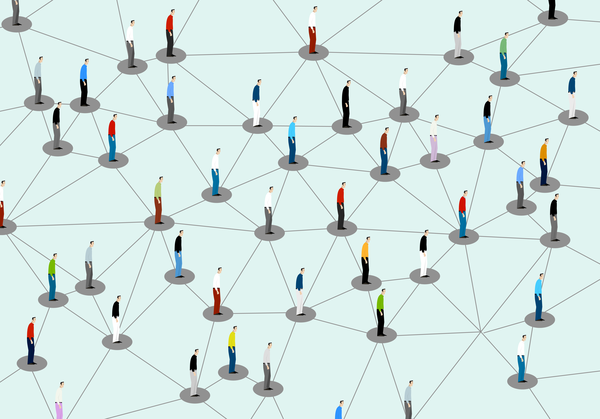
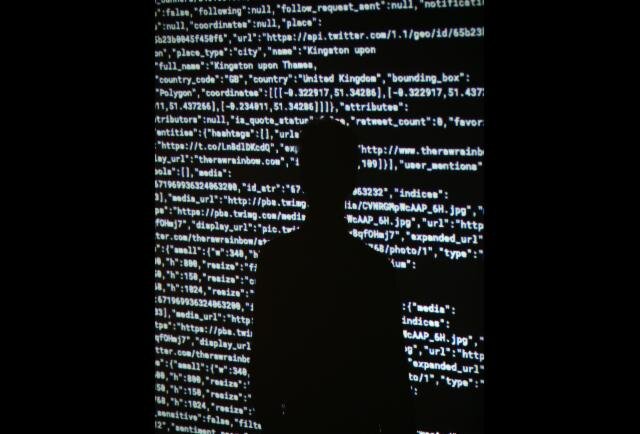
The Ethics of the Algorithm: digital innovation and humanistic computing with Dr. Todd Presner
In this episode of “Technically Human,” I sit down with Dr. Todd Presner to talk about ethics, algorithms, and the future of digital innovation. We discuss the need for technologists and humanists to work collaboratively together across disciplinary divides and specializations to solve complex problems, we discuss the consequences of automating the status quo, and we grapple with the ethical questions that algorithms evoke. How do we make algorithms accountable to the public? Just because we can automate something, should we? And how can we imagine differently, toward a better possibilities, toward a world that we all want to live in, and in which we can all live generatively?
In this episode of “Technically Human,” I sit down with Dr. Todd Presner to talk about ethics, algorithms, and the future of digital innovation. We discuss the need for technologists and humanists to work collaboratively together across disciplinary divides and specializations to solve complex problems, we discuss the consequences of automating the status quo, and we grapple with the ethical questions that algorithms evoke. How do we make algorithms accountable to the public? Just because we can automate something, should we? And how can we imagine differently, toward better possibilities, toward a world that we all want to live in, and in which we can all live generatively?
Professor Presner is the Chair of UCLA’s Digital Humanities Program and the Ross Professor of Germanic Languages and Comparative Literature. Since 2018, Dr. Presner is the Associate Dean of Digital Innovation in the Division of Humanities and Adviser to the Vice-Chancellor of Research for Humanities, Arts, and Social Sciences research.

The Way Way Back Machine: A Dive into the Archive with Dr. Jason Lustig
In this episode of "Technically Human," I talk to Dr. Jason Lustig about the concept of the archive, and how we might understand its history in a digital and virtual context.
We tend to believe that the internet stores all, but does it? What do we gain, and what do we lose, in an internet age that proposes to keep even the smallest details of our lives? Who owns our data? Do we have the right to be forgotten? And who gets to decide what information about ourselves lives on forever?

PODCAST TAKEOVER SERIES: Episode 3
In the final episode of the Podcast Takeover Series, "School is Out," I get real about the move to online classes with Dr. Shira Lee Katz, Emily Bowden, and Erin Jeffs. In the first segment of the episode, we discuss how Coursera, a company that offers online education to distance learners, is leading the move in online education, and we talk about the advantages and disadvantages of virtual education.
In the second segment of the episode, Erin and Emily discuss their experience of virtual classes at Cal Poly, and we talk about what we gain, and what we lose, when we can't meet for classes in person.


PODCAST TAKEOVER SERIES: Episode 1
It's a podcast takeover! In this series of episodes, I give my mic over to the next generation of humanists and technologists at Cal Poly who represent the future of ethical technology. Over the next hour, we will hear from the Summer 2020 “Technically Human” class. They have worked together to present to you their thinking about some of the most important and urgent issue in ethical technology.
In this week's episode, we’ll hear them talk about the history and future of AI, the dangers and promises of Transplant Tech, and how we might understand the ethical concept of the “good” and its relationship to technology. They’ll discuss their vision for ethical technology, the history of these technological developments, and their concerns regarding the present and future of technological innovations.

Tech Stands Up: Talking tech leadership with Dex Hunter-Torricke
In this episode of “Technically Human,” I sit down with Dex Torricke-Hunter. We talk about Dex’s movement from working in the United Nations to working with some of the biggest names in tech, we talk about the global implications of social media driven connectivity, and we discuss whether we should really “move fast and break things.”
Dex Hunter-Torricke is head of communications for the Oversight Board, the new independent body that will be making binding decisions on Facebook and Instagram’s most challenging content issues. During his career, Dex has served in a string of high-profile roles across the tech and policy worlds, including as head of communications for SpaceX, head of executive communications for Facebook – including four years as speechwriter for Mark Zuckerberg – and as Google’s first executive speechwriter, where he worked with Eric Schmidt and Larry Page. Before that, he was a speechwriter for the office of UN Secretary-General Ban Ki-moon.
In 2016, a week after the US election Dex left his job at SpaceX to spend the next 18 months focusing on working with leaders on social and political causes, including advising political leaders and candidates in Europe and the US. Dex is a New York Times-bestselling ghostwriter and frequent public speaker on technology issues.
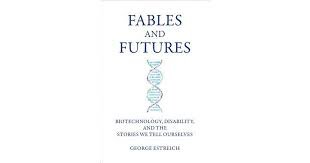
Biotechnically Human: George Estreich on disability, biotechnology, and how technologies are defining who counts as “human”
In this episode of "Technically Human," I speak to author George Estreich about the intersection of biotechnology and disability. We discuss the ways in which biotechnology is changing the nature of "the human," the ways in which technology defines and determines our understanding of disability, and George talks about what it means to write about disability and technology at the intersection of the personal and the political.

Linking In: HireClub Founder Ketan Anjaria breaks down getting hired in the tech industry
In this episode of Technically Human, I talk to Ketan Anjaria, the founder of HireClub, a social network that enlists media platforms and leverages network connections to help job seekers find jobs. Anchored in SF, in the heart of the tech industry, Ketan outlines the logic behind hiring, discusses the gaps between academic and practical preparation, and explains how tech industry's hiring practices shape and determine the outcomes of the tech products that a global public interacts with on a daily basis.
Learn more about Ketan's work and HireClub: https://hireclub.com/
This week's episode was produced and edited by Emily Bowden and Erin Jeffs.
